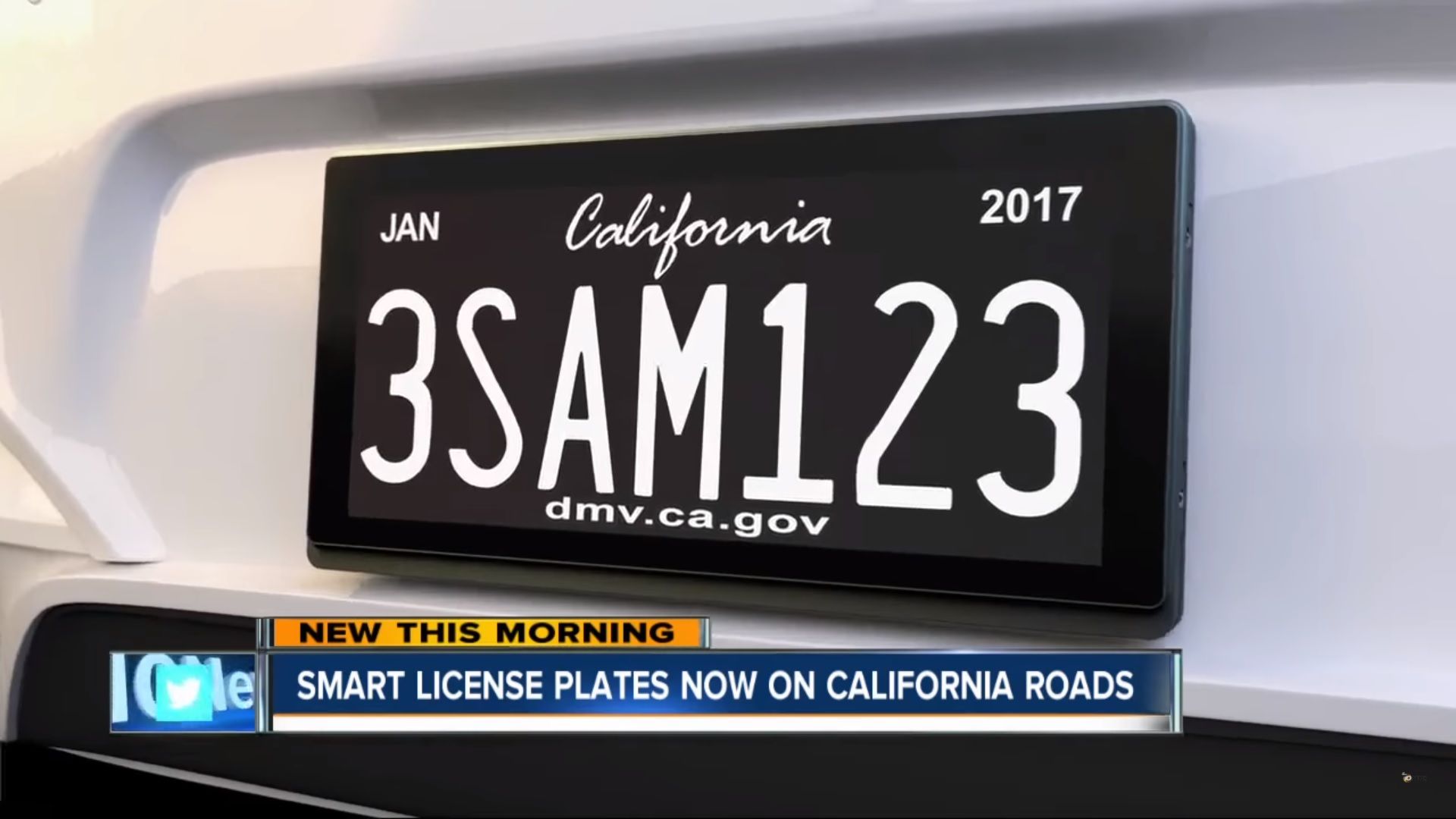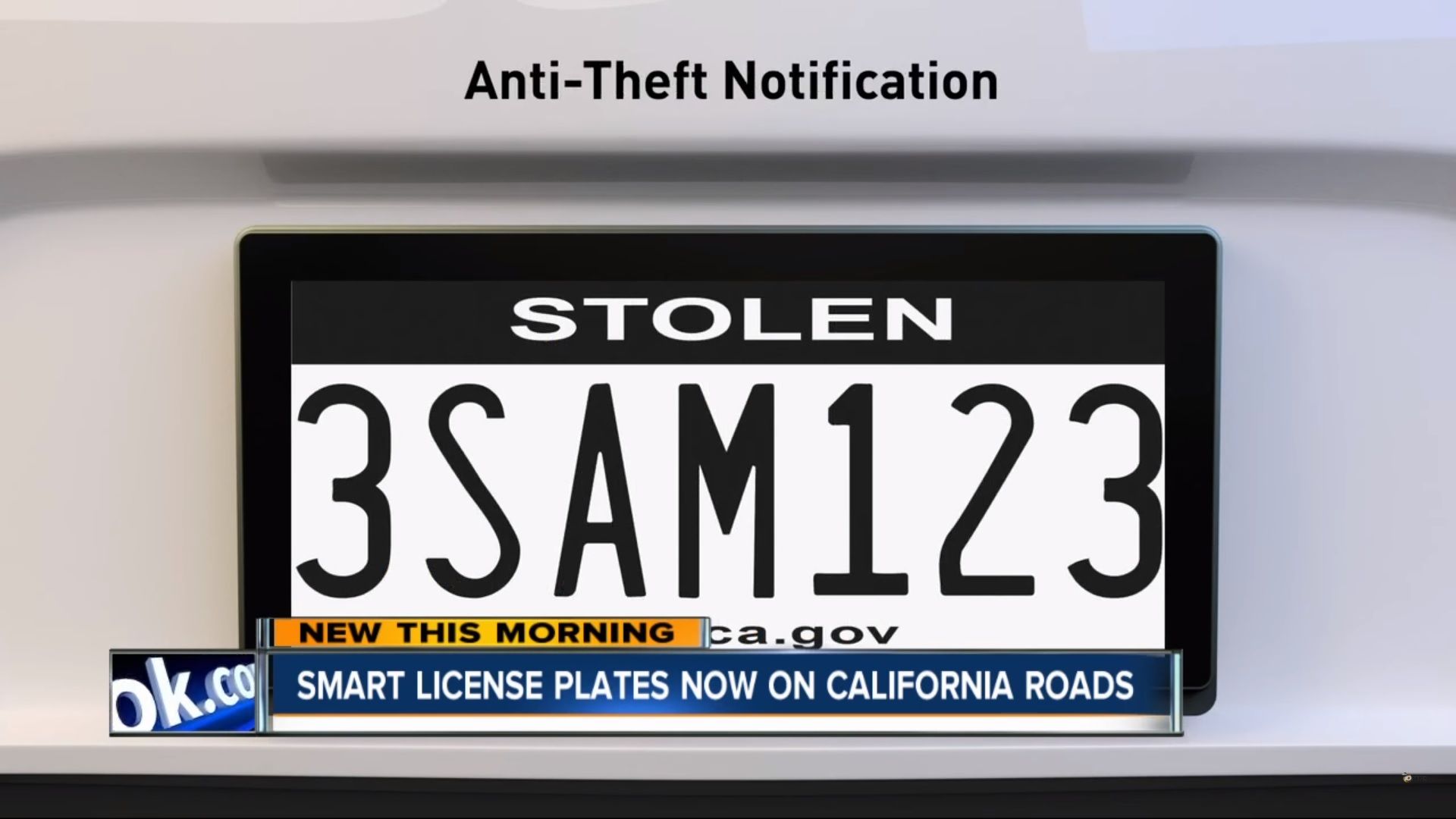The state of California is looking to become the first U.S. state to introduce digital license plates that use the same computer technology as Kindle ebook readers. The electronic plates are currently being tested by the state's DMV to determine the feasibility of offering them to motorists who are interested in shifting from traditional plates to more advanced models that allow a suite of new features that have never been available on traditional license plates. Those who are interested will need to spend for these plates, though, because they don’t come cheap.
Digital license plates are about to become a thing in California. It’s not going out in full force from the get-go, but California’s Department of Motor Vehicles is conducting a pilot project with Revivor Auto, a Bay Area-based company that makes the plates. It’s not a coincidence that these plates are already on the cusp of being offered in the state because California has been quietly preparing for its roll-out this year, making it the first state to try out these new digital plates. Testing has already been set in motion, too. Last week, Sacramento became the first city in the state to agree to test the plates after taking a shipment of 24 new Chevy Volts, all of which were carrying the electronic plates.
From a technological perspective, the digital license plates represent a significant improvement from traditional plates. Not only do they come with tablet-like functionality, but they also feature their own computer chips and batteries. Together, they have far more functions than traditional plates, including the ability to display personal messages — if it’s allowed — and help register vehicles electronically. The plates also have a tracking function that could prove to be important in occasions where a particular car is stolen.
The technological benefits are obvious, but given our predisposition to be skeptical of new technologies, the electric plates are also being met with derision, particularly from those who are worried that the plates’ tracking function eliminates whatever privacy motorists have left.
Regardless of the concerns, California seems to be determined to push through its testing to determine its benefits. "The purpose of the pilot is to identify and detail potential benefits, so we are still in the evaluation phase and won’t make any determinations until the pilot concludes," a representative from the DMV told the Sacramento Bee.
If the plates are approved, it could potentially help businesses advertise their products or services on these plates. Companies who are into fleet management could also stand to benefit from having their products advertised on the plates, even if it only happens when the vehicle is stopped. In those instances, the license plate number will remain on screen, albeit smaller in size and tucked into the upper right corner of the plate’s screen.
Unfortunately, acquiring a digital license plate also comes at a price, literally. According to numerous reports, dealerships will be able to sell these plates for $699, excluding installation costs. On top of that, users must also a pay a monthly fee of around $7 for the use of these plates.
References
Read more technology news.


